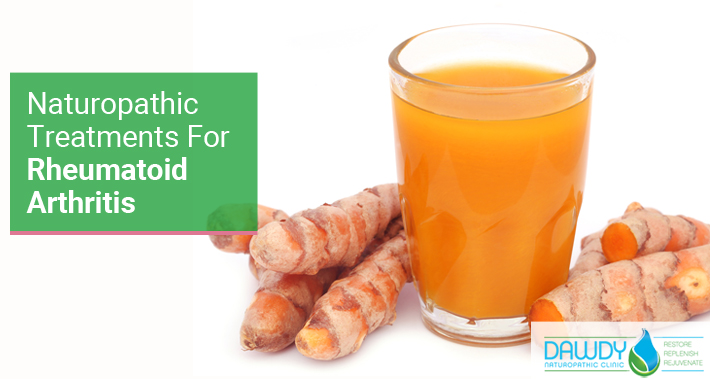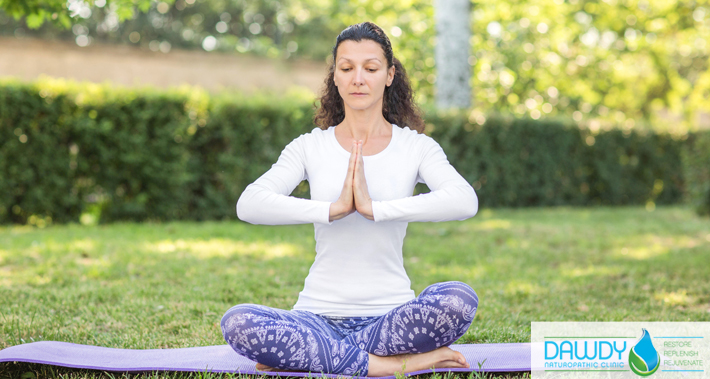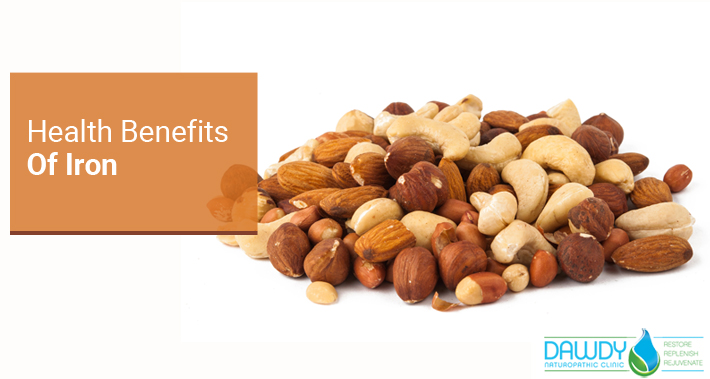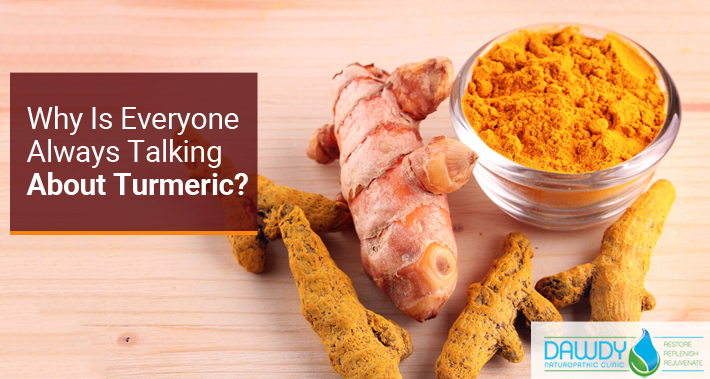Naturopathic Treatments For Rheumatoid Arthritis
Your body can do amazing things.
Your kidneys and liver filter out toxins and unwanted compounds.
Your stomach sends you hunger signals telling you when to eat – and when to stop.
Your heart and lungs work together to keep the rest of your body supplied with oxygen for your cells.
And your immune system fights off bacteria, viruses, and pathogens to keep you healthy.
Sometimes, however, your immune system will go into overdrive.
This means it may start attacking your own cells as though they’re foreign bodies.
When this happens, it’s called an autoimmune disorder.
Rheumatoid arthritis is one example of this sort of condition.
I’m Dr. Kimberly Dawdy, a naturopathic doctor in Ottawa, and today we’re going to explore rheumatoid arthritis.
We’ll look at how to recognize the symptoms of rheumatoid arthritis, what causes it, and ways to manage them.
Let’s take a look.
What Is Rheumatoid Arthritis
Rheumatoid arthritis is a condition which leads to stiffness, swelling, and pain in your joints.
It tends to affect both sides of your body equally.
This means if there is pain in a joint on the left side of your body, you’ll usually feel it on your right side as well.
This isn’t always true of other types of arthritis, so rheumatoid arthritis is unique in this regard.
There are three main types of rheumatoid arthritis.
Knowing which one you have can help determine the best course of action in regards to care and treatment options.
The three types of rheumatoid arthritis are:
- Seropositive rheumatoid arthritis
- Seronegative rheumatoid arthritis
- Juvenile idiopathic rheumatoid arthritis
Although there is currently no known cure for any type of rheumatoid arthritis, naturopathic solutions can help manage its symptoms.
Let’s take a closer look at each of the above types.
Seropositive Rheumatoid Arthritis
People with seropositive rheumatoid arthritis have antibodies in their blood.
As a result of these antibodies, their immune system begins attacking their joints.
You can find these antibodies with two particular blood tests.
These are called a CCP (cyclic citrullinated peptide) antibody test, and rheumatic factor (RF) test.
This is the most common type of rheumatoid arthritis, and it can sometimes be genetic.
Symptoms specific to seropositive rheumatoid arthritis include weight loss, and stiffness in the morning lasting more than half an hour.
Seronegative Rheumatoid Arthritis
If you have seronegative rheumatoid arthritis, it means your blood tested negative for rheumatoid factor and anti CPP.
However, you still have symptoms of rheumatoid arthritis.
Over time your blood might develop antibodies, which means your status can change from seronegative to seropositive.
Juvenile Idiopathic Rheumatoid Arthritis
Juvenile idiopathic rheumatoid arthritis affects people aged seventeen and younger.
The symptoms are the same as rheumatoid arthritis in adults, but may also include issues which impact physical development.
It can also lead to inflammation in their eyes.
How To Tell If You Have Rheumatoid Arthritis
If you have rheumatoid arthritis, you may experience the following symptoms:
- Swelling and tenderness in multiple joints
- Tiredness
- Aches and pain in multiple joints
- Losing function in your joints
- Stiffness in your joints
- Joint deformities
- Diminished appetite
- Low fever
- Weakness
What Causes Rheumatoid Arthritis?
Rheumatoid arthritis is an autoimmune condition.
This means that it occurs as a result of your immune system mistaking healthy tissue for foreign tissue and attacking your own cells.
If you have rheumatoid arthritis, these attacks target the tissue surrounding your joints.
This results in inflammation, which leads to pain and swelling.
It also results in the release of chemicals which can cause damage to your bones, tendons, cartilage, and ligaments.
Although the precise cause of rheumatoid arthritis is not known, some of the risk factors which contribute to a higher chance of developing it include:
- Advanced age, as it tends to occur in people aged fifty and older
- Genetic factors
- Being a woman
- Being a smoker
- Eating a diet high in sugar, sodium, and red meat
- Being obese
- Exposure to cigarette smoke early in life
- Having ovaries but having never given birth
A Naturopathic Approach To Rheumatoid Arthritis
Although there is currently no known cure for rheumatoid arthritis, there are a number of ways to lessen the discomfort it can cause.
Naturopathic treatment options, can help you live more comfortably with this condition.
We’ll review some of the natural ways to provide treatment for it in this section.
1. Eat A Rheumatoid Arthritis Diet
One of the key factors in managing rheumatoid arthritis is to eat foods which can help reduce inflammation.
This means lots of antioxidants, fibre, flavonoids, and omega 3 fatty acids.
These can include foods such as
- Berries
- Tofu
- Spinach
- Green tea
- Chia and flax seeds
- Dark chocolate
- Fatty fish, such as tuna, herring, and salmon
- Spinach
- Walnuts
- Artichokes
- Pecans
- Grapes
- Kidney beans
Avoiding foods which can cause inflammation, such as processed carbohydrates, sugar, and trans fats, is also critical for reducing inflammation.
2. Get More Omega 3s
Foods with omega 3 fatty acids block inflammatory receptors and help to reduce inflammation.
Fatty fish, such as tuna, cod, and mackerel are well known sources of this.
However, they can also be found in foods such as:
- Flaxseed oil
- Walnuts
- Chia seeds
- Kidney beans
3. Eat More Turmeric
Another food with properties that can help ward off inflammation is turmeric.
Its active ingredient is curcumin, which traces its roots back to traditional Chinese medicine</>, as well as Ayurvedic medicinal practices from India.
A 2017 study recommends turmeric for people with rheumatoid arthritis due to its anti inflammatory properties.
In most cases, turmeric is well tolerated.
However, if you’re taking blood thinners, make sure to talk to your naturopathic doctor before loading up on curry.
4. Eat More Probiotics
Certain types of probiotic foods may be beneficial if you have rheumatoid arthritis.
A 2014 study found that using Lactobacillus casei 01 as a supplement helped to lower disease activity and inflammation.
Foods rich in probiotics include:
- Sauerkraut
- Kombucha
- Miso
- Yogurt
- Kefir
- Kimchi
5. Stay Active
Staying active, and doing low impact exercise in particular, can be beneficial if you’re living with rheumatoid arthritis.
Strength based exercises can offer some relief to the pressure on your joints.
As well, range of motion exercises can be helpful to retain mobility.
Gentle yoga can help alleviate pain and improve strength and flexibility.
Low impact exercises like cycling and swimming can help to improve muscle strength around your joints and may slow the progression of rheumatoid arthritis.
Book Your Appointment With Dawdy Naturopathic Clinic Today
Are you struggling with pain and inflammation due to rheumatoid arthritis?
Is your day to day life harder, because of stiffness and swelling?
I’m Dr. Kimberly Dawdy, ND, a naturopathic doctor serving the Ottawa area.
I can help you find natural options to help manage symptoms of rheumatoid arthritis, or whatever other conditions you may be dealing with.
Book your appointment with me, Dr. Kimberly Dawdy, ND, today.
Yours in Health,
Dr. Kimberly Dawdy, ND
Dawdy Naturopathic Clinic
6899 Sunset Blvd,
Greely, ON K4P 1C5
-https://g.page/dawdynaturopathicclinic
Dawdy Naturopathic Clinic offers a variety of naturopathic health solutions for individuals and families in Ottawa and the surrounding area.





